My Kind of Clickbait
Published:
Can’t see the parse forest for the parse trees
In very few words, a good headline will provide the right amount of detail for the reader to decide whether to read the article it tops or links to. Done well, headlines are sublime, and we should praise their writers for the tough job they sometimes have to do. Headlines can mislead, especially in the clickbait world of revenue generation. But is that really anything new?
My favourite headlines are those which make me think, chuckle, or are just a little too good with the word play. This one from the BBC Website on 3rd June 2025 made me chuckle:
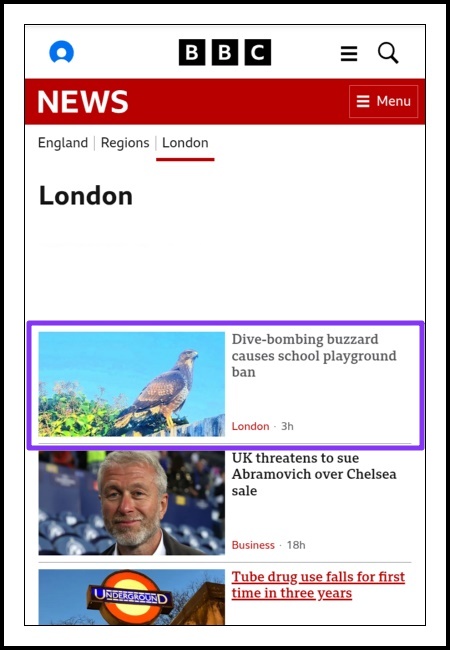
My chuckle was:
I’d like to see them enforce that ban against that buzzard.
I then got to thinking a little more about buzzards and dive-bombing thereof. When I lived in Scotland I had a buzzard on my nearby walking route. I’d see it most days but I only ever saw it dive-bomb once. I was looking at a couple of rabbits through my binoculars when I noticed one of them ducked their head and in through my vision dangled some talons. Looking away from the binoculars I saw the buzzard swooping back up through its arc. I guess the buzzard thought its potential meal was a little smaller at distance and when ready to engage the talons thought better of it. If I’d managed to get a photograph of that action my headline would have been:
Buzzard buzzed bunnies!
Buzzards are huge and dive-bombing would certainly be scary for the children. I got to appreciate the bird’s size when one of my then local buzzards was tucking into a magpie it had ‘caught’. Magpies are large corvids and when you see one under the talons of a buzzard you realise the size of these beautiful raptors. In the UK, birds of prey get a bad rap from certain parts of the community - some species have been illegally persecuted to near extinction with much of this persecution close to areas used to shoot grouse or pheasant for ‘sport’. Read the BBC article in full. The school must be commended for its approach to dealing with the temporary issue. Rather than looking for ways to ‘remove’ the bird, they have embraced its presence and are educating their pupils on all things buteo with a view for a future where co-habitation of species is the norm and not the exception. I hope “The Times They Are a-Changin’”.
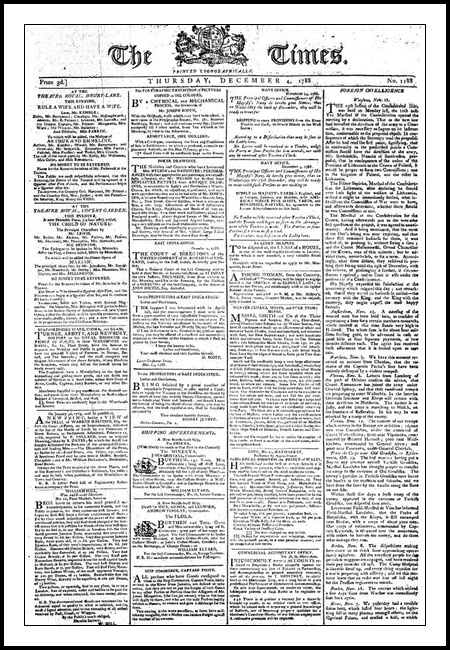
Headlines were not initially found in newspapers. Early editions of The Times show this well. Whilst you can see the number of different articles or advertisements, actually knowing what the article was about would not immediately be forthcoming until holding the newspaper in your hand and reading it. That involved the passing of money from the potential reader to the vendor. In order to facilitate the amount of money one newspaper could accumulate versus another, headlines appeared in the late 18th century as competition between the UK newspapers increased. Clickbait is not new. It may be a new word, but it is a modern web-based equivalent of activities the press barons have been finessing since the late Victorian era.
Since then, headlines have not only encouraged sales but also delivered much humour, word-play and head scratching.
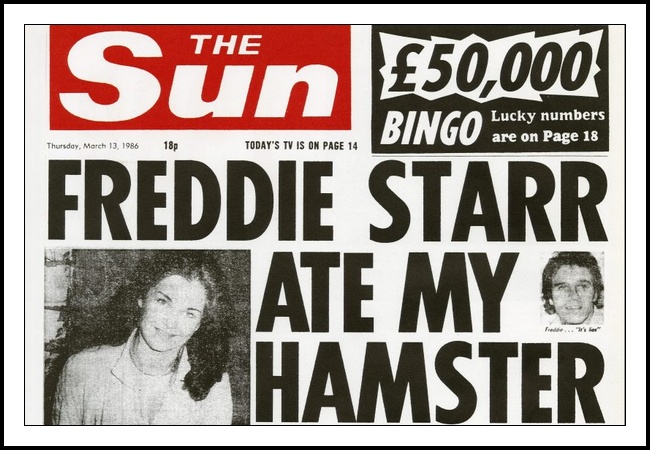
Headline writers having fun and leaving the reader somewhat in disbelief.
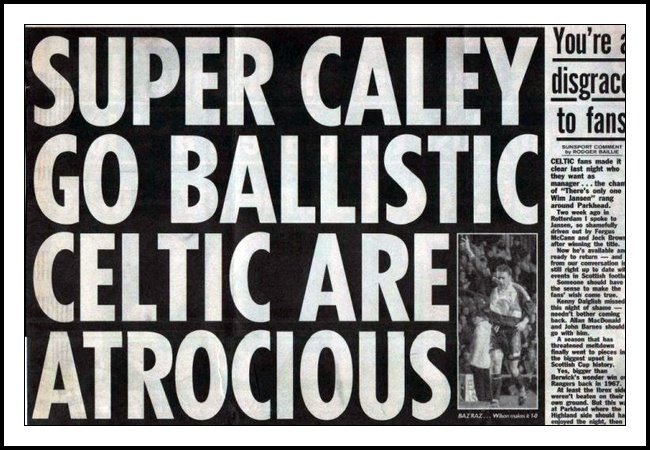
Headline writers also like to play with words, as space is sometimes limited, words can get shortened, or slightly changed from their usual spellings (or meanings) to enhance the humour.

Moving on-line, courtesy of our friends in, of all places, Singapore. A country not known for its ‘gentle’ handling of drug related crime.
Lists of the greatest headlines of [insert period of your choice] exist. The BBC ran a poll in 2006 to identify memorable British newspaper front pages from a 100-year period. The problem with lists like these is that no one can really agree on their content. Whilst the front pages selected are certainly memorable, I feel a little deflated with a couple of the actual headlines. These need to be complete packages and not just memorials of significant events. The final list does show well how visually newspaper front pages have changed through that period.
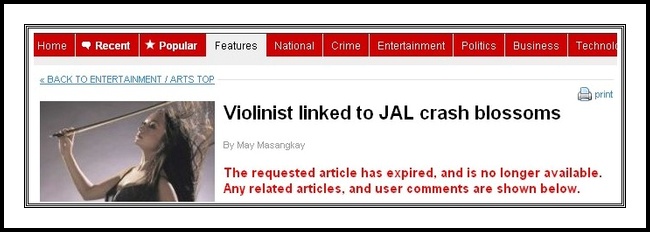
My initial interpretation of the Buzzard BBC headline differs from the headline writer wanted. There are many occasions, either deliberate or accidental, where headline writers end up delivering ambiguous copy. It has been happening for as long as headlines have been a part of the newspaper arsenal. Ever since “MacArthur Flies Back to Front” after the “Eighth Army Push Bottles Up Germans”, headline writers have walked the tightrope of hoping that readers don’t snigger at their efforts. Punctuation in headlines is sparse. With limited context available, the reader reads nouns as verbs and verbs as nouns. It’s easy to understand why ambiguity creeps in and hilarity erupts from the page.
Ambiguous headlines are called ‘Crash Blossoms’. The name derived courtesy of the Testy Copy Editors who stumbled across the Japan Today website in August 2009 which had published the above headline. Until then, ambiguous headlines were not subject to a name or term. One fortunate person, with the appropriate surname of Bloom, suggested ‘Crash Blossoms’ very early in the web forum discussion1 and the name stuck.
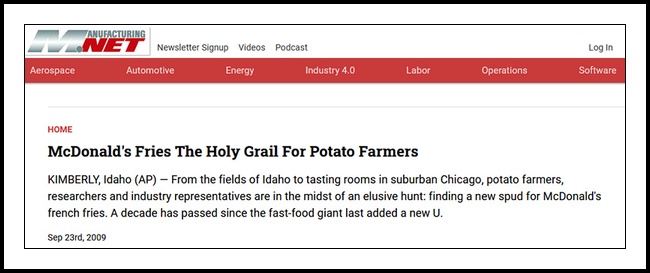
Not sure what the Testy Copy Editors would have named ambiguous headlines, if the above was the headline provided: ‘Holy Grails’ or ‘Hot Potatoes’? Neither is pleasing, and crash blossom is an apt moniker. Crash gives the immediacy of something not going as expected. A loud noise. Freeze-frame recollection of key events. The big bold typeface of a headline? Blossom adds beauty and calm. The fleeting and delicate nature of petals matching the life-expectancy of a headline in someone’s memory. Today’s headline is tomorrow’s chip wrapper.
-
It used to be here: http://www.testycopyeditors.org/phpBB3/viewtopic.php?f=8&t=11134 ↩︎